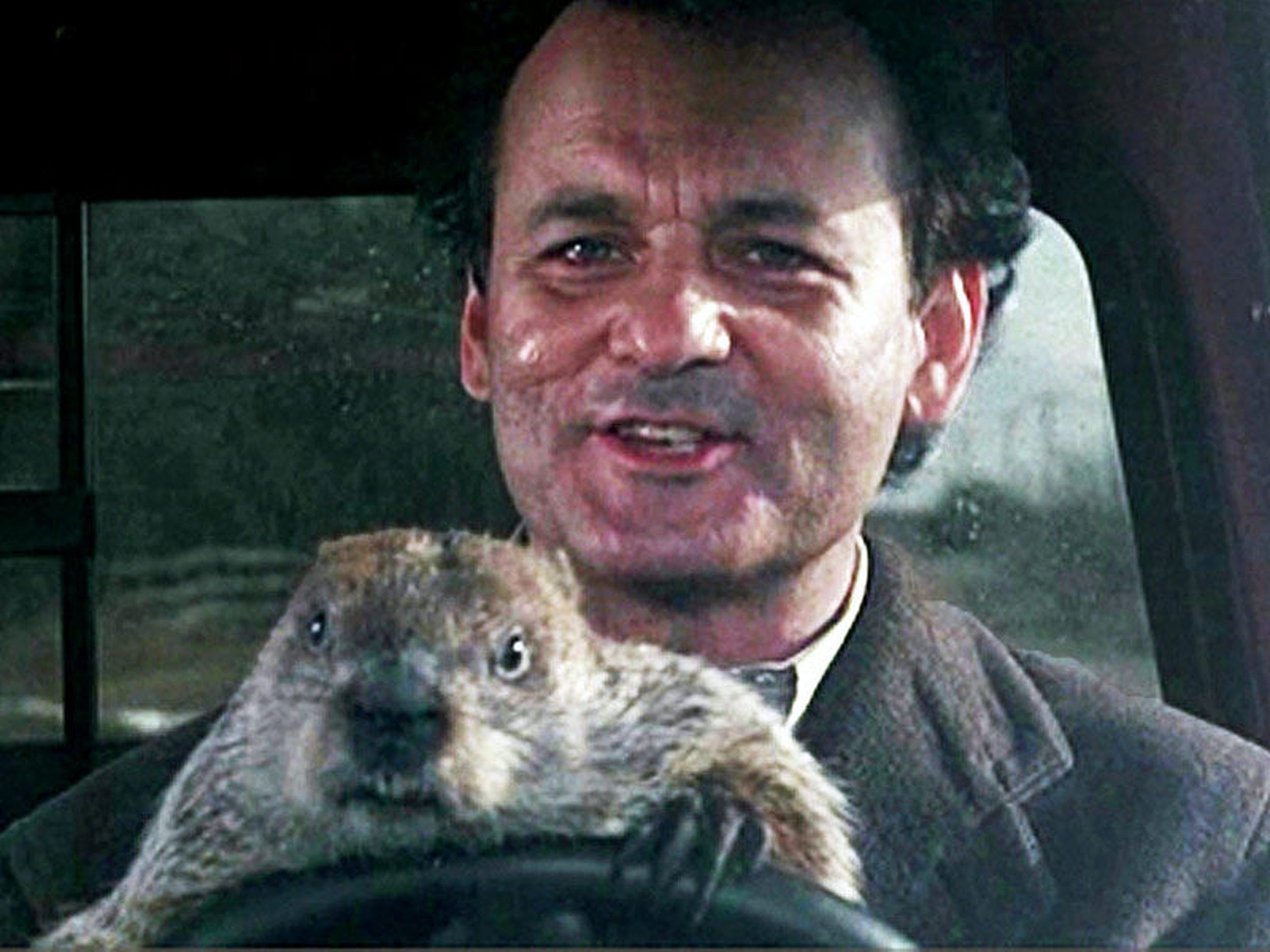The film "Groundhog Day" has become a cultural phenomenon since its release in 1993. This beloved comedy, starring Bill Murray, not only provides laughter but also offers profound insights into human nature and the meaning of life. As we delve deeper into the film's narrative, themes, and its impact on popular culture, we will uncover what makes "Groundhog Day" a timeless classic.
In this article, we will explore the intricate layers of the film, from its plot and character development to the philosophical questions it raises. We'll also look at its reception over the years and why it continues to resonate with audiences today. By the end of this analysis, you will have a comprehensive understanding of why "Groundhog Day" is more than just a film—it's a reflection on life itself.
Join us on this enlightening journey through the world of "Groundhog Day," where we will dissect its elements and examine how they contribute to the film's enduring legacy. Whether you're a long-time fan or new to this cinematic gem, there's always more to discover in this remarkable story.
Table of Contents
- Overview of Groundhog Day
- Plot Summary
- Key Characters
- Themes and Philosophical Insights
- Cultural Impact and Reception
- Beyond the Screen: Groundhog Day Today
- Biographical Information
- Conclusion
Overview of Groundhog Day
"Groundhog Day," directed by Harold Ramis, is a fantasy-comedy film that has captured the hearts of millions. The story follows Phil Connors, a cynical television weatherman, who finds himself reliving the same day over and over again: February 2nd, Groundhog Day. This premise sets the stage for a unique exploration of character growth, redemption, and the quest for happiness.
Plot Summary
The film begins with Phil Connors, played by Bill Murray, who is sent to Punxsutawney, Pennsylvania, to cover the annual Groundhog Day festival. Disinterested and jaded, Phil is more concerned with his own career than the quaint traditions of the town. However, after a blizzard traps him in Punxsutawney, he wakes up the next morning to discover that it is still February 2nd, and he is forced to relive the day repeatedly.
As Phil navigates this bizarre time loop, he initially exploits his situation for personal gain, indulging in hedonistic pleasures and avoiding consequences. However, as the days repeat, he begins to reflect on his life choices, leading to profound character development. The film beautifully illustrates Phil's transformation from a self-centered individual to someone who learns to embrace compassion, kindness, and genuine connection with others.
- Nate Bargatze The Rise Of A Standup Comedy Sensation
- Michi Foreman A Comprehensive Overview Of His Life And Career
Key Characters
| Character | Actor | Description |
|---|---|---|
| Phil Connors | Bill Murray | The main protagonist, a weatherman who relives February 2nd |
| Rita | Andie MacDowell | Phil's love interest and producer |
| Gus | Stephen Tobolowsky | The local groundhog handler |
| Phil's Boss | Brian Doyle-Murray | Phil's dismissive television producer |
Themes and Philosophical Insights
"Groundhog Day" delves into several themes that resonate deeply with audiences:
- Redemption: Phil's journey reflects the idea that it is never too late to change and seek redemption.
- The Importance of Choices: The film emphasizes how our daily choices impact not only our lives but also the lives of those around us.
- Living in the Moment: Phil learns to appreciate the present, highlighting the significance of being mindful and engaged in life.
- Love and Connection: True happiness is found in relationships and selflessness, rather than material success.
Cultural Impact and Reception
Since its release, "Groundhog Day" has become a staple in popular culture. It has inspired countless references in television, literature, and even academic discussions on existentialism and the human experience. The film's unique premise has led to the coining of the term "Groundhog Day" as a metaphor for repetitive and monotonous situations in life.
Critics and audiences alike have praised the film for its clever writing, humor, and Bill Murray's iconic performance. It has received various accolades and retains a high rating on platforms like Rotten Tomatoes and IMDb, reflecting its status as a beloved classic.
Beyond the Screen: Groundhog Day Today
The legacy of "Groundhog Day" continues to flourish. The film has inspired stage adaptations, including a successful Broadway musical, and remains a popular choice for annual Groundhog Day celebrations. Its themes of self-improvement and introspection resonate with modern audiences, making it relevant in today's fast-paced world.
Biographical Information
Here is a brief biography of the film's director and lead actor:
| Name | Date of Birth | Profession |
|---|---|---|
| Harold Ramis | November 21, 1944 | Director, Writer, Actor |
| Bill Murray | September 21, 1950 | Actor, Comedian |
Conclusion
In conclusion, "Groundhog Day" is not just a film; it is a profound exploration of life, choices, and personal growth. Its ability to blend humor with deep philosophical insights ensures its place in cinematic history. We encourage you to reflect on the film's lessons and consider how they apply to your own life.
If you enjoyed this article, please leave a comment, share it with friends, or explore more insightful pieces on our site. Thank you for joining us on this journey through "Groundhog Day." We hope to see you again soon!
- Furever Brush The Ultimate Solution For Pet Grooming
- Sheila E Says She Was Denied Access To Paisley Park A Deep Dive


